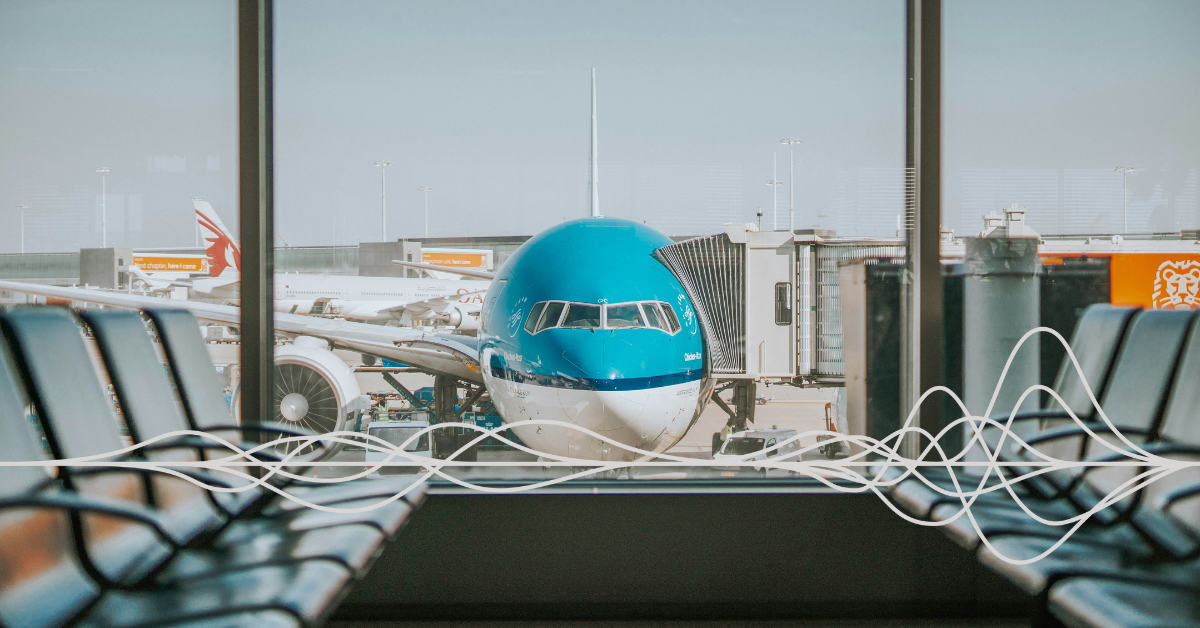
How to get compliant with the Whistleblowing Law
In the world of aviation, safety stands as a non-negotiable priority. However, the recent revelations from whistleblowers within Boeing have once again shed light on concerning practices that raise questions about the safety and integrity of the aircraft being produced.
The accounts shared by individuals such as engineer Sam Salehpour, Davin Fischer, and John Barnett paint a troubling picture of a company that prioritises profit over safety, disregarding concerns raised by employees and resorting to retaliation against those who speak out.
Boeing, a renowned aircraft manufacturer, has come under fire for allegations of compromising safety standards in pursuit of production targets. Engineer Sam Salehpour’s alarming revelations surfaced in April 2024, unveiling the alleged shortcuts taken in the assembly of Boeing’s aircraft. Salehpour, an experienced engineer, highlighted that Boeing’s eagerness to meet production goals led to the use of excessive force in the production process, overlooking critical defects and potentially shortening the lifespan of the aircraft.
Salehpour’s testimony of facing retaliation for speaking up about safety issues echoes the experiences of other whistleblowers like Davin Fischer and John Barnett. Their accounts of being demoted, fired, or subjected to hostile work environments after raising concerns demonstrate the challenges and risks whistleblowers face when exposing misconduct within organisations. Fischer, who worked as a mechanic for Boeing, was first demoted and then fired for pushing back against demands from the company’s management to constantly speed up production.
The tragic outcome for John Barnett, who took his own life after facing retaliation for whistleblowing, serves as a stark reminder of the toll that speaking out against powerful entities can take on individuals. His story underscores the urgency of creating a safe environment for whistleblowers to report issues without fear of reprisal, ensuring their well-being is prioritised alongside the safety of the aircraft they seek to protect.
As regulatory bodies like the Federal Aviation Administration (FAA) investigate these allegations, it is imperative that they thoroughly examine the claims made by whistleblowers and take decisive action to address any lapses in safety protocols. However, the effectiveness of such oversight mechanisms relies heavily on the willingness of whistleblowers to come forward and report potential risks without fear of reprisal.
Boeing’s response to the whistleblower allegations has been to defend the integrity of its aircraft, emphasising stringent inspection procedures and safety measures in place. Nonetheless, repeated instances of whistleblowers facing retaliation and intimidation point to a deeper issue of organisational culture and the need for a more robust system to protect those who raise safety concerns.
Moving forward, Boeing and other aviation stakeholders must re-evaluate their approach to whistleblowers and embrace a culture that values transparency, accountability, and continuous improvement. By listening to the concerns raised by whistleblowers and taking proactive steps to address underlying issues, companies can strengthen their safety practices and rebuild trust with the public and regulatory authorities.
In many countries, including the US and the EU, whistleblower protection laws safeguard employees from retaliation and provide avenues for reporting concerns confidentially and securely. Companies must also be held accountable for creating a culture that values employee feedback and prioritises safety above all else.
The significance of whistleblowers in upholding aviation safety cannot be overstated, as illustrated by the challenges faced by individuals like Salehpour in speaking out against corporate malpractice. The tragic consequences of compromised aircraft highlight the crucial role whistleblowers play in safeguarding public safety and holding companies accountable. The disclosures from Boeing whistleblowers emphasise the urgent need for enhanced whistleblower protections and a renewed commitment to prioritising safety in the aviation industry. Addressing the challenges faced by those who expose corporate misconduct is essential for building a future where passengers can trust in the integrity and reliability of the aircraft they rely on for their journeys.
Read more about whistleblowing in the aviation industry here, and about Bologna Airport here.
Want to know more? Keep reading our blog to stay updated on the latest news and corporate best practices!
Would you like to learn more about a whistleblowing service and safe internal reporting channels? You can learn more about Whistlelink’s all-in-one solution here or book a free demo!
If you have any thoughts about this article or would like to know more about Whistlelink, we’d love to hear from you.
Whistlelink values your privacy. We will only contact you about our solutions.
You may unsubscribe at any time. For more info, please review our Privacy Policy


Nice to meet you!

HAPPY TO MEET YOU!
Whistlelink values your privacy. We will only contact you about our solutions. You may unsubscribe at any time.

HAPPY TO MEET YOU!
Whistlelink values your privacy. We will only contact you about our solutions.
You may unsubscribe at any time. For more info, please review our Privacy Policy
